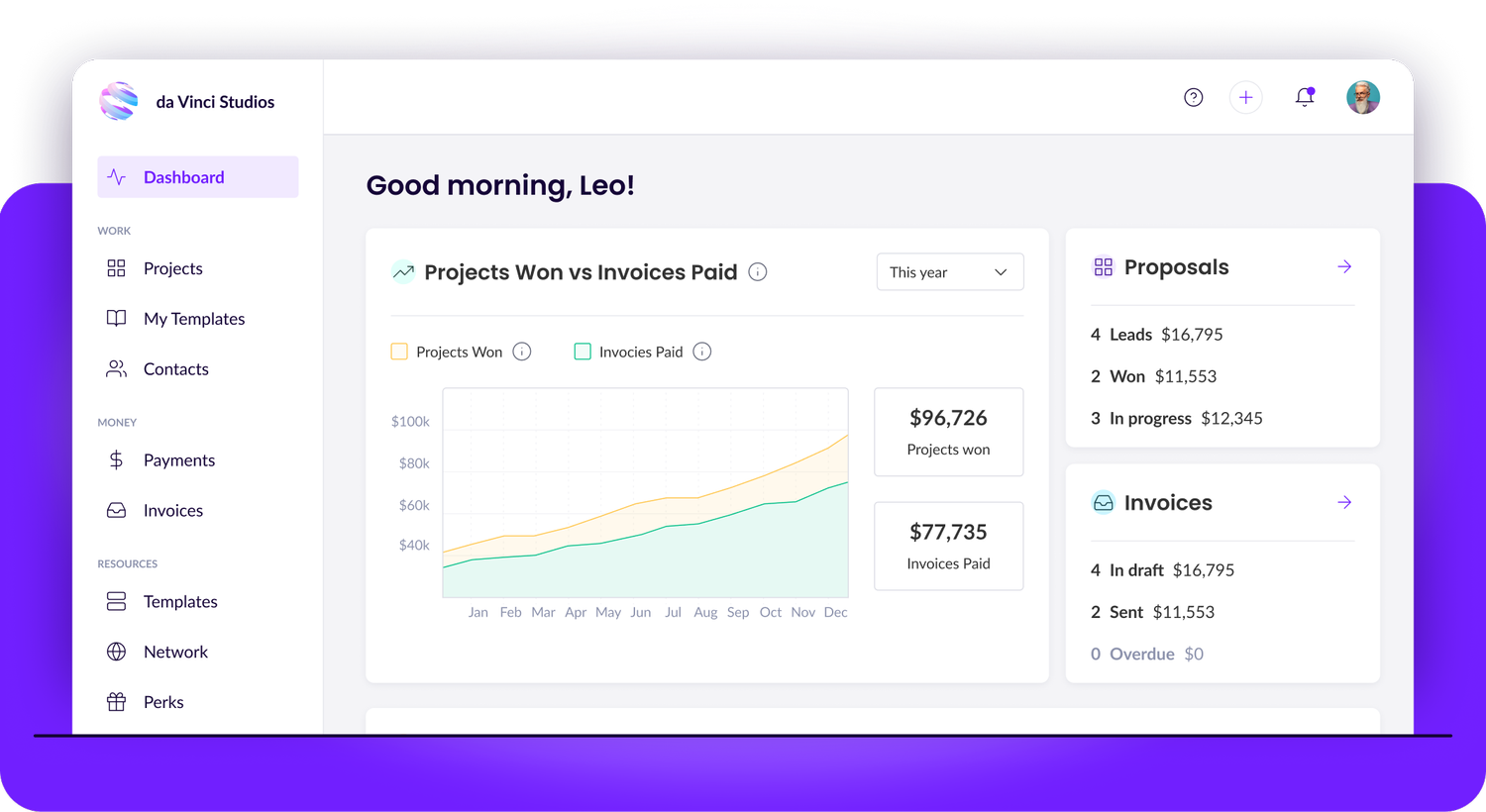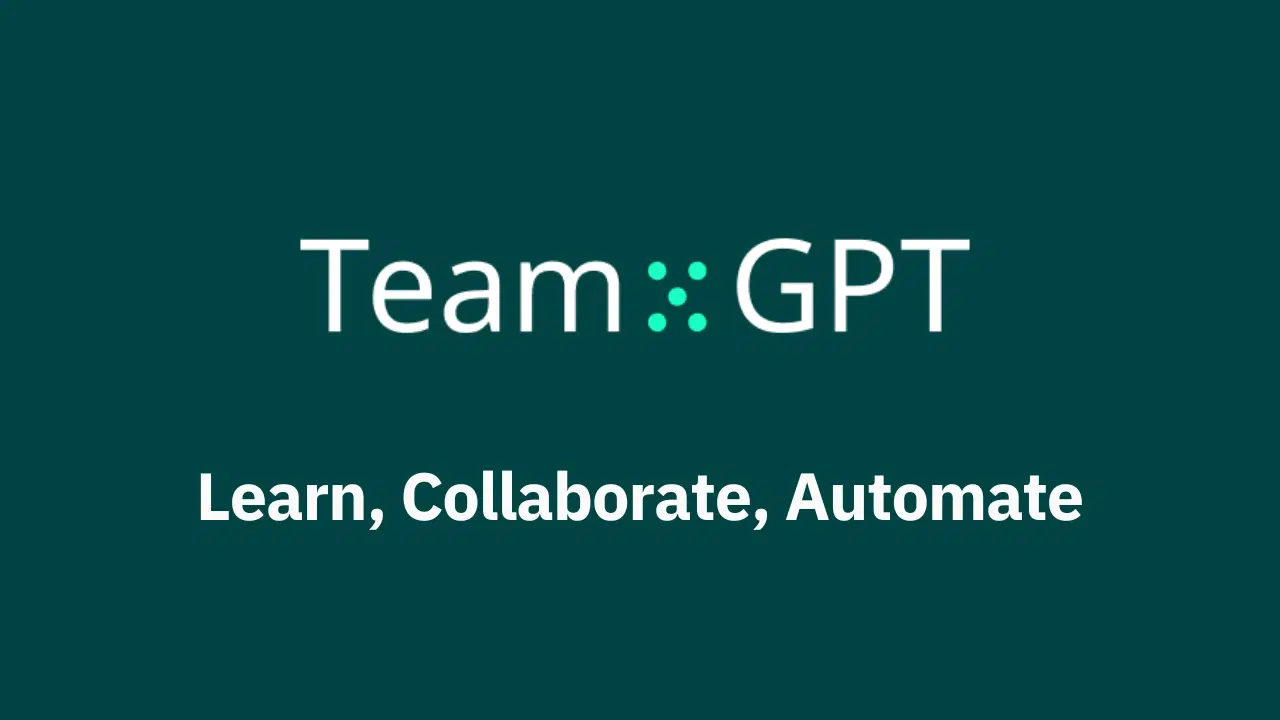Win a $50 Gift Card! 🎉
Subscribe now to enter our monthly lucky draw. Winner announced in 30 days.
Learn AI in 5 minutes a day.
Level up your AI knowledge with the latest news, clear explanations of why it matters, and practical tips for applying it to your work. Join a community of learners exploring the world of AI
Latest Newsletters
ALL NEWSLETTERS →Latest AI Articles
ALL Articles →
Biophysical Brain Models Get a 2000× Speed Boost: Researchers from NUS, UPenn, and UPF Introduce DELSSOME to Replace Numerical Integration with Deep Learning Without Sacrificing Accuracy
Biophysical Brain Models Get a 2000× Speed Boost: Researchers from NUS, UPenn, and UPF Introduce DELSSOME to Replace Numerical Integration with Deep Learning Without Sacrificing Accuracy
Read more
OpenAI Introduces o3 and o4-mini: Progressing Towards Agentic AI with Enhanced Multimodal Reasoning
OpenAI Introduces o3 and o4-mini: Progressing Towards Agentic AI with Enhanced Multimodal Reasoning
Read more
Model Performance Begins with Data: Researchers from Ai2 Release DataDecide—A Benchmark Suite to Understand Pretraining Data Impact Across 30K LLM Checkpoints
Model Performance Begins with Data: Researchers from Ai2 Release DataDecide—A Benchmark Suite to Understand Pretraining Data Impact Across 30K LLM Checkpoints
Read more
MIT Researchers Introduce DISCIPL: A Self-Steering Framework Using Planner and Follower Language Models for Efficient Constrained Generation and Reasoning
MIT Researchers Introduce DISCIPL: A Self-Steering Framework Using Planner and Follower Language Models for Efficient Constrained Generation and Reasoning
Read more
SyncSDE: A Probabilistic Framework for Task-Adaptive Diffusion Synchronization in Collaborative Generation
SyncSDE: A Probabilistic Framework for Task-Adaptive Diffusion Synchronization in Collaborative Generation
Read more
A Coding Implementation for Building Python-based Data and Business intelligence BI Web Applications with Taipy: Dynamic Interactive Time Series Analysis, Real-Time Simulation, Seasonal Decomposition, and Advanced Visualization
A Coding Implementation for Building Python-based Data and Business intelligence BI Web Applications with Taipy: Dynamic Interactive Time Series Analysis, Real-Time Simulation, Seasonal Decomposition, and Advanced Visualization
Read moreTop AI Tools
10000+ AI Tools →
CopilotKit - Build Copilots 10x Faster
CopilotKit is the simplest way to integrate production-ready Copilots into any product.
Read more
Wethos | Proposals, Invoices, and Teammates All-In-One Place
Wethos is a trusted software platform that helps freelancers, creative studios and agencies create proposals, send invoices, and collaborate with teammates. Explore the new Wethos AI today.
Read morepromptmate.io: Build AI-Powered Apps (ChatGPT, Google, ...
Build AI Powered Apps to speed up your processes. Combine different AI Sytems, bulk processing for superior efficiency, and effectiveness.
Read more
Upscale Image for Stunning Visuals with AI | Enhance photos upto 4K Resolution
Upscale your images with our AI-powered upscaler. Increase resolution, improve quality, and restore old photos online!
Read more
Enterprise AI software for teams between 2 and 5,000 | Team-GPT
Team-GPT helps companies adopt ChatGPT for their work. Organize knowledge, collaborate, and master AI in one shared workspace. 100% private and secure.
Read more





